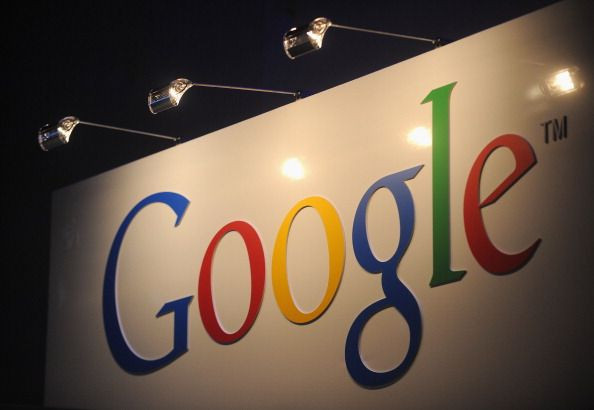Google Grilling: Search Giant Faces More Questions Over Tax Deal With UK Government

Earlier this month Alphabet, the parent company of Google, granted Google CEO Sundar Pichai almost $200 million in stock options. That sum, generous by any measure, is greater than the $185 million Google agreed to pay a week earlier to settle British tax issues covering the past decade, a period it is estimated to have amassed profits of over $7 billion in Britain alone.
Those will no doubt be key talking points Thursday when Google appears along with British tax authorities at a parliamentary committee meeting in an attempt to defend the tax deal negotiated with the British government in the midst of a brewing public relations backlash.
Google and representatives from the Her Majesty’s Revenue and Customs (HMRC) — Britain’s tax authority — will appear before the Public Accounts Committee, where they will face questions about a deal that the government hailed as “a major success.” Critics have called the sum offered “derisory” and “a public relations sop.”
Appearing on behalf of Google will be Matt Brittin, president of Google’s EMEA operations, and Tom Hutchinson, who oversees Google’s global tax affairs. Also appearing before the committee, which is composed of members from all major political parties, will be representatives from HMRC, including Dame Lin Homer, chief executive and permanent secretary. To date, the tax authority has refused to outline the mechanics of Google’s deal with the British government, and a representative for the PAC refused to clarify if the committee would be asking for those details on Thursday.
It may, however, be Google that is at biggest risk if the committee gets to the bottom of how this deal was done. “Google is probably more vulnerable on the transparency issue because Google themselves [announced the deal],” Professor Prem Sikka , a tax-avoidance expert at the University of Essex, told International Business Times. In the wake of the settlement being announced in January, Sikka estimated Google’s effective tax rate was just 2.77 percent.
Google uses a complex international tax arrangement — known as the double Irish scheme — to minimize the tax bill on the profits it earns there. It routes revenue through Ireland, which has a much lower corporate tax rate.
If claims of tax avoidance and political questioning all sound very familiar, they are.
Google first appeared before the PAC in November 2012 — alongside representatives from Amazon and Google — when it questioned Brittin, then head of Google’s British operation, to explain how the company had generated billions of pounds of profit from its British operations but paid virtually no corporation tax. Six months later, Brittin was back before the PAC accused of making misleading statement the first time around. Margaret Hodge, then chair of the committee, didn’t shy away from expressing her opinions on Google’s tax practices, calling them “devious, calculated and unethical” while adding: “You are a company that says you ‘do no evil’. And I think that you do do evil.”
In March 2015, the British government’s attempts to curb tax-avoidance measures by multinational companies went so far as to introduce what became known as the “Google Tax,” a new law intended to penalize companies like Google who use such measures.
Google and the British government may have been hoping the announcement of the 130 million pound deal would have been a public relations boon for both, but the opposite has been the case. Tax experts highlighted that Google’s effective corporate tax rate of just 2.77 percent was a fraction of the 21 percent most businesses have to pay.
Opposition leaders called on the government to detail how HMRC came up with the figure, adding that it could set a dangerous precedent. “The best news in this deal would seem to be the commitment for Google to pay taxes in the future, but even this raises concerns,” Labour Party Shadow Chancellor John McDonnell wrote in a column for the Sunday Times. “Are future taxes to be calculated on the same basis?”
Google for its part has defended its policy, with communications head Peter Barron pointing out that because tax is paid on profits and is collected where the economic activity that generates those profits takes place, most of Google’s annual tax bill is paid in the U.S. — $3.3 billion in the last reported year. Barron adds that Google is simply taking advantage of the laws as they stand. “Governments make tax law, the tax authorities independently enforce the law, and Google complies with the law,” Barron said in a letter to the Financial Times last month.
There has been a lot of negative press surrounding Google in Britain and Google generally in recent years, but has it had an impact on its business in Europe? The answer is not really.
According to Hitwise, in October 2012, just before Google appeared in front of the PAC for the first time, it had 89.3 percent of the British search market. Today, according to Statistica, Google’s share of the market in the Britain stands at 85.7 percent.
While Google continues to battle against regulators and politicians in Britain and across Europe — where antitrust officials could potentially add an investigation into Google’s tax affairs to ongoing investigations into Android and shopping practices — the company’s bottom line does not appear to be affected to a huge extent.
© Copyright IBTimes 2025. All rights reserved.





















